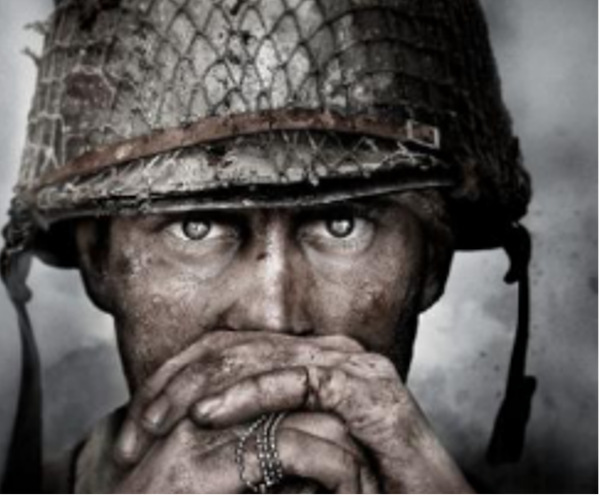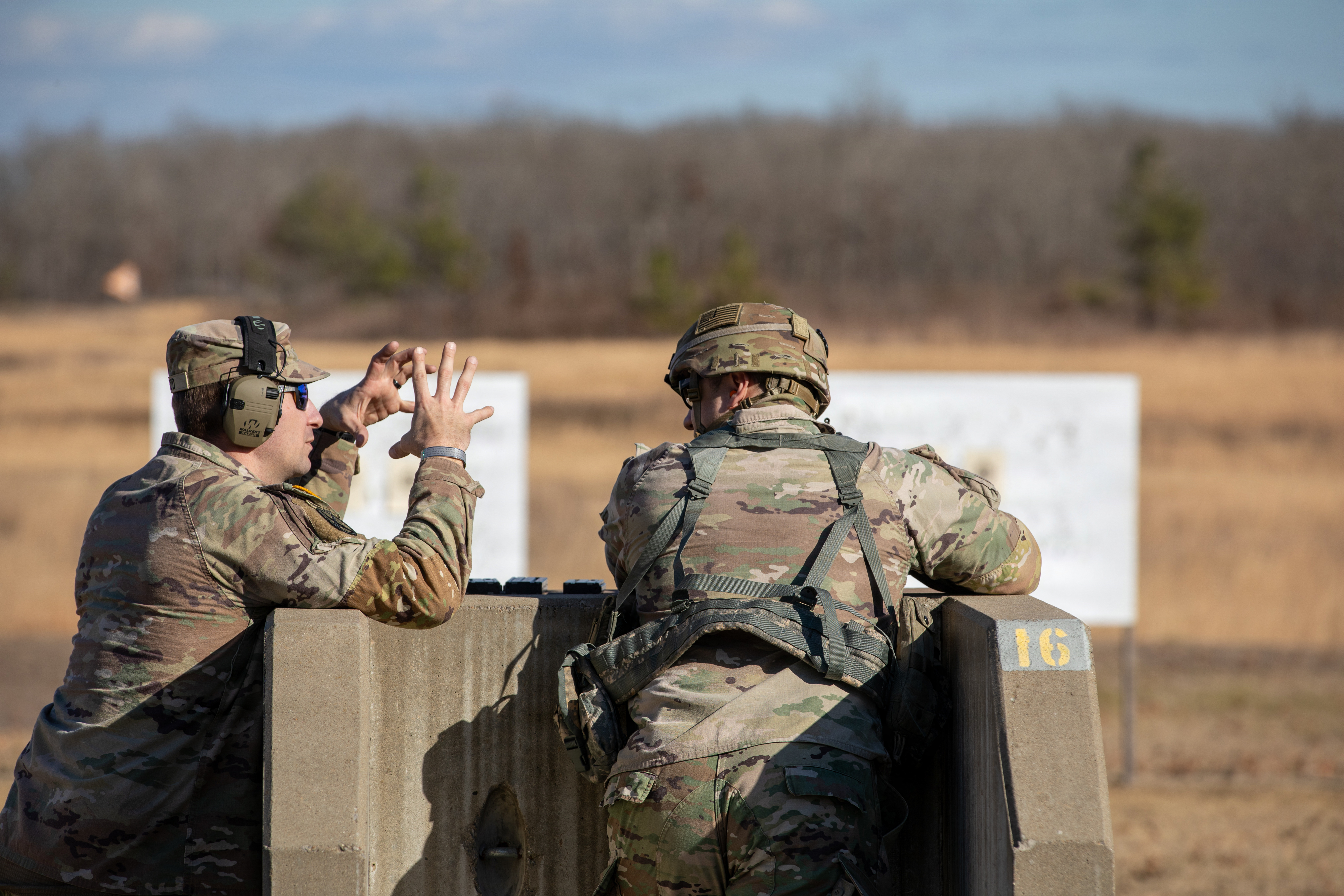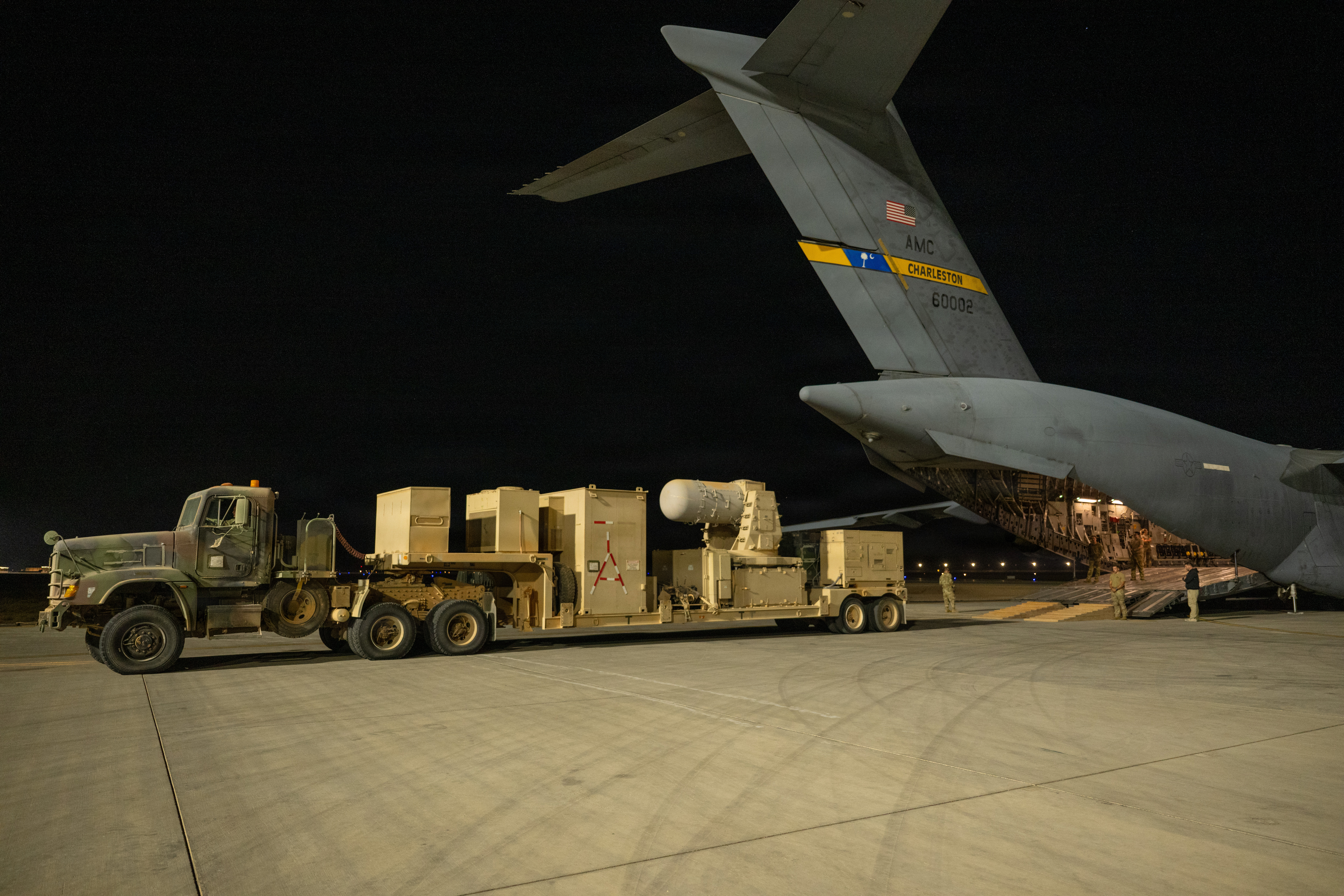Confronting Yourself: Developing Self-Awareness while Dealing with Insubordination

I commissioned as a college-option OCS officer, which meant the early years of my career path felt like they were experienced in fast-forward. I joined the Army through the Reserves, but I went to Basic Training and OCS at Fort Benning, home of the infantry. I was “shark attacked” on Sand Hill. I was taught every Soldier is a rifleman first. I sang airborne cadences with my fellow future leaders while the trainees floated down from the drop towers. From day-0, the Army ingrained in me the mindset that an officer must lead, but he/she is only as strong and effective as his or her NCOs. We were taught that a junior officer should surround himself/herself as best he/she can with quality NCOs (those seasoned and motivated SSGs and SFCs who are the “backbone of the Army”) and to listen to their sage advice. Spending those first few years as a Lieutenant in leadership positions like Platoon Leader and Company XO were supposed to be opportunities to receive quality NCO mentorship in a controlled environment. Unfortunately, I did not have those roles early on and had to receive that NCO development in a much less forgiving context.
After attending Basic Training, OCS, and BOLC back-to-back, I was selected to serve as the Aide-de-Camp for the Commanding Brigadier General of my assigned unit. The next year involved mentoring from senior field-grade officers, warrants officers, and senior NCOs. Not working side-by-side with my peers, I spent most of my time with Battalion and Brigade Commanders; any NCO encounters I experienced were usually with E-8/9s who were not focused on my development. That year I was educated on how to navigate military-political environments, how to identify and execute a strategic commander’s intent, and how to project the path of the war rather than the outcome of the battle. I certainly developed as a leader; however, my education as a junior officer was left lacking. What I didn’t learn (that every young company grade officer should) was how to find my own voice and how to ensure my actions aligned with my words. The Army would not let me go wanting, and I would learn this lesson on self-awareness the hard way at my follow-on assignment.
After my Aide-de-Camp role, I deployed to Afghanistan as an intelligence analyst supporting Combined Joint Special Operations Task Force – Afghanistan (CJSOTF-A). We were living in a remote part of the country with an ODA team helping train Afghan Commandos. In that environment, with that community, my rank meant little; knowledge and experience reigned, and mission and comradery trumped all. When the ODA team redeployed, I was moved to a regional support element on a multi-national base. There were only two American entities on that installation: a route clearing engineer company, and the Special Operations element where I worked and lived. Our primary military population consisted of a handful of US Marines, a Navy Corpsman, and me.
My unit’s primary mission was to conduct Key Leader Engagements with local tribal and political leaders and to work with the Afghan Commandos to contribute to the security in the area. Within our small footprint, there were three officers: a Marine Captain, a Marine WO4, and me – a First Lieutenant. The Captain’s role was to liaise with the base’s multi-national leadership, so his role in day-to-day operations was limited. The WO4 was tasked with the overall safety and operations of the facility, and oversight on leadership engagements and operations. My role was to provide intelligence analysis contributing to leader engagements, and base and operations safety. Decisions for the facility and those living and working there ultimately fell on the WO4. His deputy was an E7 Navy Corpsman, who I will call “Carl”. Carl was the first NCO I worked with regularly in my Army career – and my experience with him forced me to realize a few things about myself.
Carl was smart, motivated, and liked by all; naturally, he would have to be, as a Navy Corpsman whose job would typically be to provide medical care to Marine operators. Carl was also a presence in and of himself. He was over 6 feet tall with bright red hair and a bright red mustache. I cannot recall where Carl was from, but if I were to guess, probably someplace where children grew up eating corn and throwing hay bails twice their size. Carl had a boastful type-A personality, was always the funny guy in the room, and had a knack for improving an environment with his positivity and sense of humor. Carl also had a plethora of war stories which he enjoyed regaling the junior Marines with. In addition to his positive attributes, Carl had a reckless candor that, unfortunately, grew to insubordination during our time together downrange.
Carl’s insubordination was not limited to a single instance – and it did not appear out of the blue. His behavior began somewhat benignly but, unchecked, increased in intensity and frequency over a five-month period. In hindsight, I probably should have identified the dangerous trend I allowed to occur and taken steps to stop it before it became a serious problem, but lacking NCO guidance from my earliest experiences as a Lieutenant, I didn’t have the foundation to know what was happening. Neither Carl nor the Marines on the base reported to me, so the environment quickly became relaxed for all parties. Carl, the Marines, and I would watch movies together between missions, we would work out together in the compound’s gym, and we would joke at each other’s expense. That type of joking began to spill over into public environments where a lack of military bearing could undermine our roles. In one instance in the DFAC, Carl began denigrating me and discounting my opinion on a topic, saying I did not know what I was talking about. He claimed my lack of training and combat experience didn’t compare to his so I could never understand what he was talking about. When I continued to voice my concern, he cut me off, talked over me, announced that I was wrong, and stated that the conversation was over. I was in such shock by what had just happened that I finished eating in silence while Carl went back to telling his stories.
Other occurrences like the scenario I just outlined began to occur more frequently. A few days later, while I was in the TOC reviewing reporting, Carl came in, sat at the workstation next to mine, and began playing his music loudly. When I asked him to turn it down, he instead turned it up. When I persisted in my request, Carl again began to talk over me and made comments about how my role was worthless. He questioned why I was even on the installation and ignored my requests. Frustrated, I turned to the WO4 who was also working in the TOC at the time, but he didn’t interject.
Throughout my time at the regional element, I had been developing a strong relationship with the Marine Captain. As he and I were the only commissioned Officers on site, we would regularly eat together and converse. He was not in my rating chain, but he made my development a priority of his. I shared my interactions with Carl with the Captain. Initially, he was surprised that the situation had reached the state that it had. When he asked me if this is how I had interacted with all my NCOs, I was hit with the hard realization that the insubordinate environment I was encountering was a result of my own actions – I had created the problem.
The Captain told me I needed to address Carl and prevent this type of insubordination from ever occurring again. He knew the WO4 would not intervene, and things were getting worse. I didn’t want to deal with the brewing conflict. I am not afraid of confrontation, but I was afraid of isolating myself and destroying the comradery that had developed among the group. I enjoyed the casual relationships I had with the Marines, but I could not safely continue with this level of leniency. I didn’t look forward to addressing the issue with Carl directly, but I knew I had to.
When I confronted Carl, it was in private. He immediately became defensive and blamed me for creating an environment where I want to make friends, but where I also wanted to be a leader when it is convenient for me. He argued that I couldn’t have things be relaxed or serious on my schedule. I needed to be consistent. I knew he was right. Eventually, we agreed I would hold a higher standard if he would support the authority that I needed. The conversation was not a positive feel-good interaction, but it achieved the desired end state.
After that conversation with Carl, I immediately made changes: I shifted my gym schedule so I would not be there at the same time as the junior personnel; I altered the way I participated in conversations to be more professional; and I improved my standard of appearance, never being in casual clothing unless I was in the gym, or my personal space. Carl kept his word and stopped interrupting my briefings and adjusted the way he interacted with me in public.
It has been eight years since that deployment and I still think back on those exchanges regularly. Writing this article now, I am forced to reflect on the series of events that led to this situation. Thinking through all the moments, I can still feel the frustration, anger, and embarrassment I experienced. However, I also recall feeling humbled and guilty because Carl was right. I was not setting an example in everything I did. Although I did not like how Carl had highlighted my deficiencies, they were deficiencies, nonetheless. Until my interactions with Carl, I had not been in a leadership position that forced me to be self-aware, and both my professional stature and my relationship with my subordinates had suffered as a result. According to ADP 6-22, 6-15: “Being self-aware ultimately requires leaders to develop a clear, honest picture of their capabilities and limitations….Self-aware leaders are reflective, hold themselves to a higher standard than their subordinates, and look to themselves first when subordinates are unsuccessful.” Looking back, I was lacking self-awareness. My actions had contributed to Carl’s insubordination – but his insubordination also helped teach me a valuable leadership lesson.
My developmental path resulted in me learning a valuable lesson about self-awareness later in my career than many of my peers. While I hope every officer receives the benefit of working with trustworthy, professional NCOs early in their career to help them develop their self-awareness, I know that is not realistic. It is with that knowledge that I share my story; I hope it helps others avoid some of the frustration, anger, and embarrassment I experienced.
If you’d like to read more about self-awareness, you can check out these other CJO posts and products:
Matthew Pelletier is a Military Intelligence AGR Captain currently serving as Operations Officer and Intel Planner with the JRIP, DIA, stationed at Fort Gillem, Georgia. He commissioned through OCS at Fort Benning. He holds a Bachelor of Science in Business Marketing and Communications from the University of Louisville and a Master of Science in Strategic Management from Indiana University.



